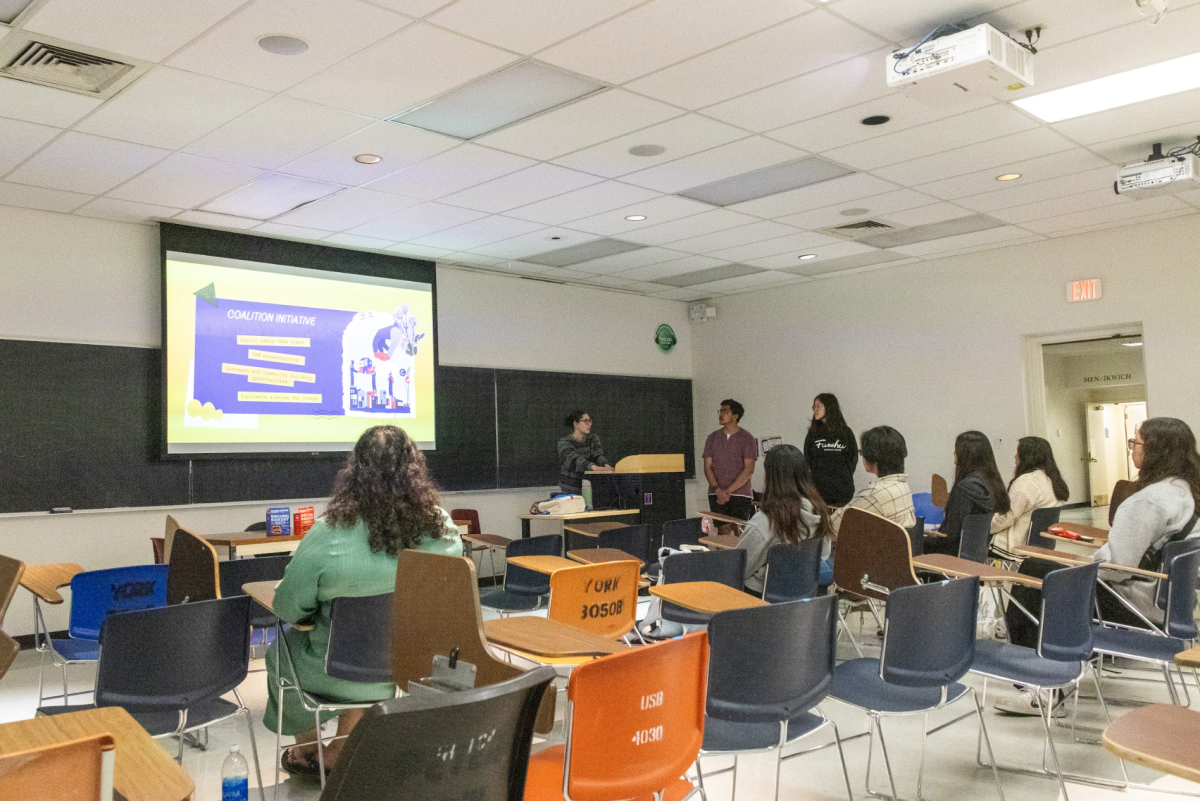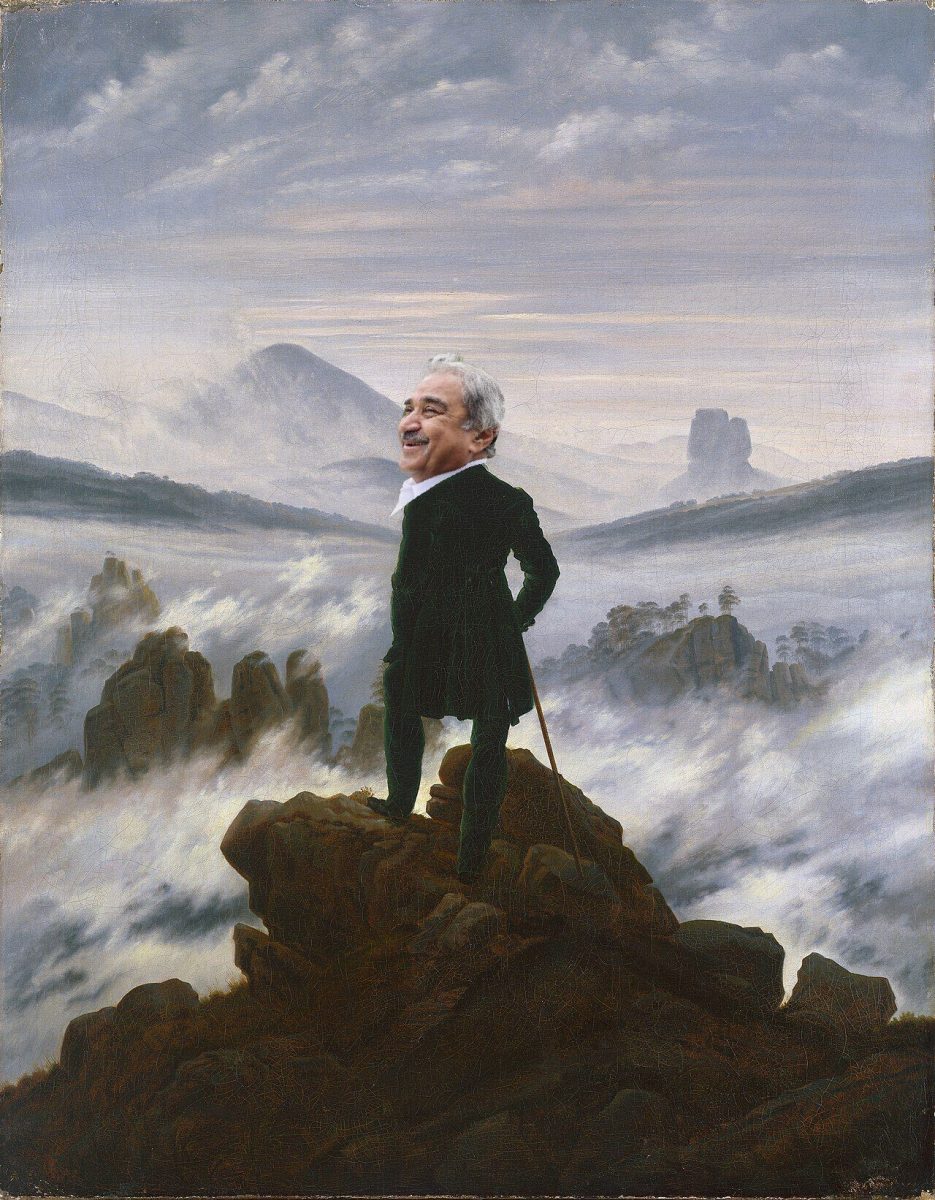Even from the La Valencia Hotel in Del Mar, in a telephone interview last Wednesday, Adriana Trigiani presented the image of an unflappable, yet easy going Italian-American southerner who has worked hard and enjoys the confidence of knowing she is successful.
And she should. Her eclectic resume is one that any writer/producer/director would be proud of. At the age of 16, she got a job as a reporter at WNVA radio in Norton, Va., and this began her diversified career through American media.
As a student at Notre Dame/Saint Mary’s in the mid-eighties, Trigiani was founder of The Outcasts, “”a fringe, all-girl comedy troupe,”” which she recast when she moved to New York after graduating with a degree from the theater program.
When she reached New York, she worked a number of odd jobs, including working as a temp, but soon found an audience for her work and got a television agent. At this time she began working as a writer for the television show, “”A Different World,”” starring Kadeem Hardison and Jasmine Guy. Before long, however, Trigiani was working as both a writer and producer for the hit television show “”The Cosby Show.””
Since then, she has written numerous award-winning plays that have been shown around the country. Additionally, her film documentary, “”Queens of the Bigtime,”” a full-length feature that focuses on her family in Roseto, Pa., won national and international acclaim.
The list goes on. Her first book, “”Big Stone Gap,”” a fictional novel depicting a strong Southern woman that was published just last year, is a national bestseller. Now, in the afterglow of receiving recognition for the book that Whoopi Goldberg calls, “”one of my all time favorite novels … unforgettable,”” she is now directing and writing the script for the movie that is being made from “”Big Stone Gap.”” The book’s sequel, “”Big Cherry Holler,”” is due out in May.
Like the main character of her book, Ave Maria Mulligan, Trigiani grew up in the Southern town of Big Stone Gap, Va., in the ’70s. Mulligan, like Trigiani, loved the mountains, books and the theater, but while Trigiani left to build her career in New York City, Mulligan stayed in Big Stone Gap. It is there that Mulligan examines the complexities of life and human interaction to discover how unexpected circumstances in life make things more interesting. But to leave it at that is too simple a description.
“”Big Stone Gap”” is “”simply”” written the way that Ernest Hemmingway’s “”Old Man and the Sea”” was “”simply”” written — drawing out the complexities of human emotion with simple story telling. “”People Magazine”” called the book “”Delightfully quirky, chock full of engaging oddball characters and unexpected plot twists,”” and it is.
However, this is a vast oversimplification of the remarkably complex plethora of human emotions that Trigiani brilliantly explores through her myriad of characters. The big ideas that are contained in that simple language, and in the small town, contain universal appeal for readers.
According to Trigiani, her main character exemplifies the struggle women face who are trying to balance a desire for success and independence with the ability to love and be loved.
Mulligan is a woman in her mid-thirties living in Big Stone Gap in 1978. An avid reader, her very favorite book is on Chinese face reading, a practice where facial characteristics reveal the contents of one’s soul. According to Mulligan’s facial characteristics, something important and life changing is to take place during her 35th year. It is the course of this year and the changes that take place that Trigiani depicts for her readers.
Another more bitter character in Trigiani’s book is Fleeta Mullins, her assistant at the pharmacy. Mulligan is an optimist, despite her resolution toward a spinster lifestyle, and Mullins provides a perfect counter balance to Mulligan’s attitude.
Mulligan is encouraging one of the younger citizens of the town to discard superficial beauty to locate beauty within. Mullins feels that this is a hopeless endeavor, and tells Mulligan so.
“”Honey, there’s potential, and then there’s bullshit dreaming.”” says Mullins. “”I think you got a case of the bullshit dreams, if you know what I mean.””
According to Trigiani, Mullins is a character who is likable, but who is also a chain smoking, Diet Coke drinking, bitter old woman, whose thoughts should be discarded as pessimistic and discouraging.
Mulligan is a self-proclaimed spinster in the small town of Big Stone Gap, serving as the town pharmacist and as a volunteer ambulence driver for the Rescue Squad. She is also the director of the town theater troupe. Her diverse interests and self-sufficiency disguise her fear of commitment to a relationship that would make her vulnerable to hurt, and reveal to the world that she does need to be loved.
During the course of the year, the changes predicted by her Chinese face-reading philosophy do take place, and they help Mulligan to discover family secrets and the secrets within herself that have hindered her ability to be a part of a successful relationship.
“”I wouldn’t know what to do with a man,”” says Mulligan. “”Hook him? Serve him? Then pray he never leaves? How do you do it without dying? How?””
Although she is happily married, Mulligan’s struggle may have been a reflection of Trigiani’s own life. In her interview, Trigiani said that women often have to figure out how they can balance success with personal happiness, and Mulligan exemplifies this internal emotional struggle.
“”Women have to be independent, and we also have to be emotionally available,”” Trigiani said.
As a strong and successful woman, Trigiani admits that gender has always played a factor in her life. However, she was lucky to receive the support from her family that she needed to succeed. She says that, although Italians are known for patriarchal attitudes toward women, she was fortunate enough to always have powerful female role models.
“”I never had the sense that I couldn’t do something because I was a girl,”” Trigiani said. “”Both of my grandmothers owned their own businesses, and my mother always encouraged me.””
Another part of her success seems to come from her love for what she does. While growing up in Big Stone Gap, she was a prolific writer. She continued her love for writing in college, where she wrote numerous plays that were all well-received.
“”I was always writing,”” Trigiani said. “”Even in a small coal-mining town, when I didn’t know there were jobs for what I did.””
Trigiani admits that success is sometimes difficult, but says that it is obtainable if you are able to manage it.
“”If you have it and claim it, it is yours,”” she said.
In the sequel, “”Big Cherry Holler,”” Mulligan, again the main character, will re-examine her life to try to figure out why, after truly discovering herself in the first book, she keeps making the same mistakes. Trigiani describes the new book as full of plot twists that the reader never could or would have expected in the first book.
According to Trigiani, “”You’ll be blown away.””
Trigiani, we already are.







